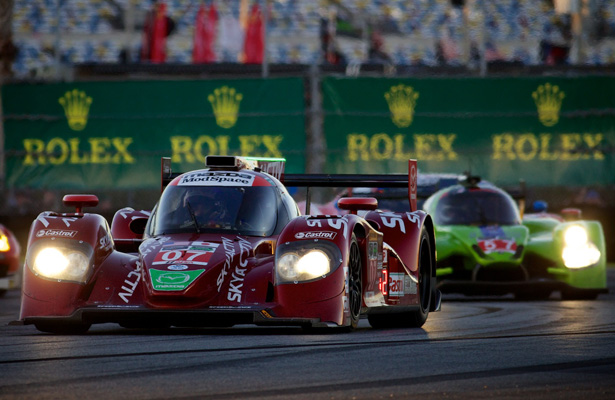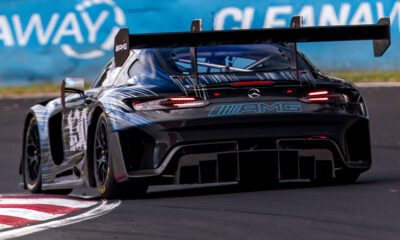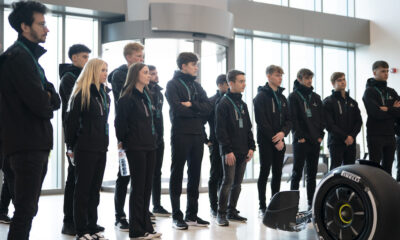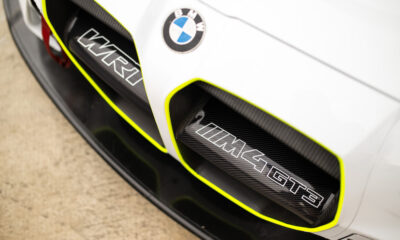The shape of the proposed 2017 LMP2 regulations has taken a dramatic twist following last month’s manufacturers meeting in Daytona, with a move to a spec engine and limited chassis constructor involvement now on the table.
Multiple industry sources have revealed to Sportscar365 that the FIA and ACO have proposed the concept of a single engine supplier to be used for LMP2 cars competing in the FIA World Endurance Championship, European and Asian Le Mans Series beginning in 2017.
IMSA would reportedly still allow multiple engine manufacturers in the Prototype class of the TUDOR United SportsCar Championship, although cars not fitted with the spec powerplant would only be allowed to compete overseas at the 24 Hours of Le Mans.
Additionally, a proposal is in place to limit the number of LMP2 chassis constructors to four, with at least one manufacturer being North American-based.
There are no fewer than eight active constructors in LMP2 today, with an additional three (Riley, Coyote and Dallara) currently represented in the TUDOR Championship with DP chassis. At least two of those are planning to build LMP2 cars.
The proposed changes come in the wake of the second round of manufacturer meetings following last month’s Rolex 24 at Daytona, which also spelled out possible adjustments in performance, tire regulations and grandfathering rules.
When reached by Sportscar365, ACO Sporting Director Vincent Beaumsenil would not directly confirm details of the latest proposal as he said a final agreement has yet to be reached.
“We are very close now to finalizing it but I don’t want to give any indication until we have made the final commitment with everyone,” Beaumesnil told Sportscar365.
Under the new proposed regulations, the new-for-2017 LMP2 machinery would be legal for four years, with no new constructor being allowed to enter during that period. The cars would be based around the current LMP1 tub and safety structure, while also retaining the 1900 mm width currently seen in in the top prototype class.
The biggest difference, however, comes on the engine front, with the FIA and ACO proposing a spec four-liter normally aspirated V8 engine to be used in all cars competing in ACO-sanctioned series. It’s likely to result in an increase in power, to the range of roughly 50 horsepower.
Under the rules, it’s understood gasoline-powered cars competing in the TUDOR Championship, no matter the engine configuration, would run at Le Mans under a Balance of Performance process.
In return, European teams with the spec engine would be eligible for the TUDOR Championship.
Existing LMP2 and DP cars, meanwhile, are expected to be grandfathered into 2017 for one year, while the FIA WEC and ELMS are likely to follow IMSA’s lead in adopting a single tire manufacturer.
Many of the proposed changes are believed to have been made on the grounds of cost reduction, in a class that has seen budgets gradually increase since the introduction of the first-generation cost-capped rules four years ago.
If the proposed regulations are agreed upon, a selection process is expected to be defined for the engine manufacturers and constructors in the coming months, with the regulations, in principle, set to be presented to the World Motor Sport Council in June for approval.



























